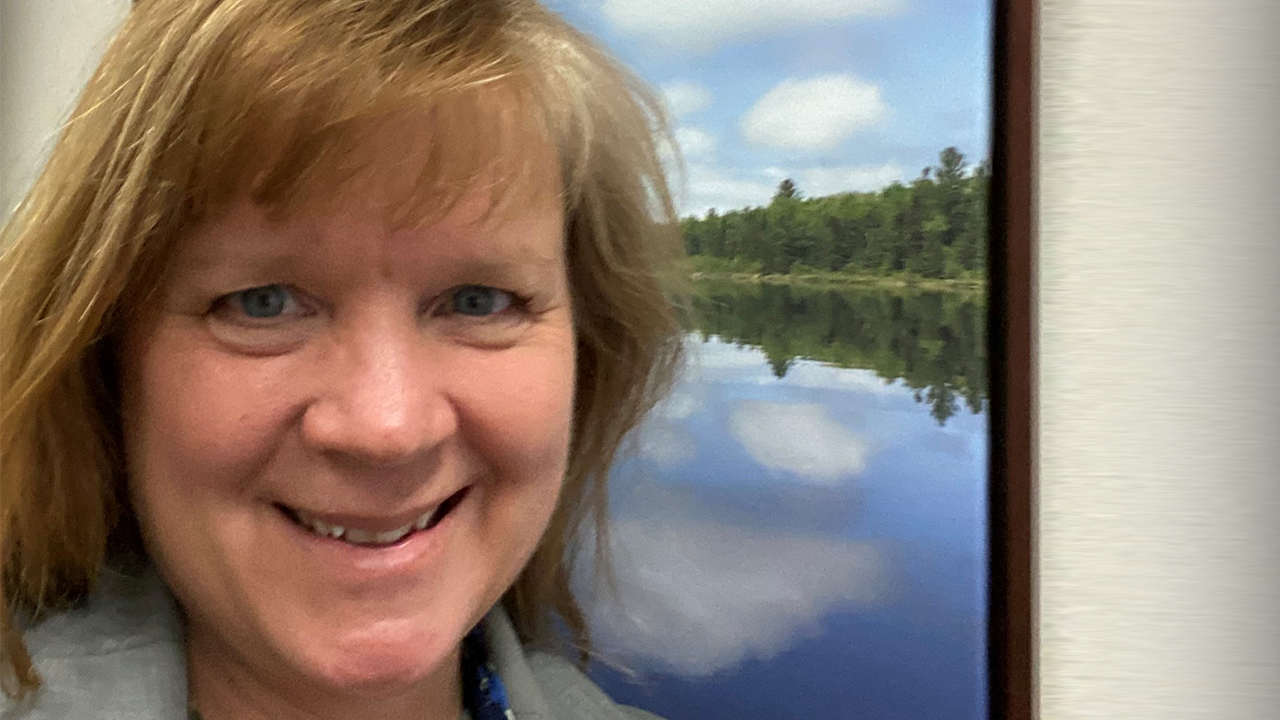
What do nanoelectronics and organ preservation have in common? Both technologies can be advanced by super small nanoheaters. Thanks to research on nanoelectronics by Beth Stadler and Rhonda Franklin, professors of electrical and computer engineering, and research on cryoengineering by John Bischof, director of the University’s Institute for Engineering in Medicine, we may one day see both nanoelectronics and organ preservation become reality.
Stadler has invented magnetic nanowires that generate heat very quickly in an alternating magnetic field. One application of these nano-scopic particles will hopefully be realized due to an NSF Engineering Research Center (ATP-Bio) that is led by John Bischof. The center is investigating ways to quickly and uniformly thaw cryogenically preserved organs so that the organs won’t be damaged during warming. By flooding the organs with a solution filled with magnetic nanoparticles before they are frozen, technicians could use alternating magnetic fields to safely heat the nanoparticles, and therefore the organs. “This could really be society-changing,” says Stadler, whose nanowires are one of many magnetic nanoparticles under study.
Stadler is working on several projects, including integrating nanowires into high-frequency circuits with Franklin as well as using magnetoelectric oxides to protect lasers from their own reflected power by allowing for one-way transmission of light. “I would love to see things we do in the lab go somewhere and actually impact products,” says Stadler. That’s why she regularly works with Tech Comm to see if her work should be patented and help get it into the hands of companies or investors who can bring it to market.
"Tech Comm staff have deep technical knowledge as well as a sophisticated understanding of what businesses need. This combination makes all the difference." She credits Tech Comm with keeping up with her most advanced technical work and communicating it clearly to companies who might be interested in licensing it. They’ve helped her overcome commercialization setbacks and successfully license multiple inventions with Boston Scientific.
By leaning on Tech Comm for help with the business side of things, Stadler has more time to focus on what she loves: teaching and innovating. “I love working with students,” she says. “I don’t mind teaching the same classes every year —even Circuits 101—because to me it’s like doing Sudoku puzzles, which I quite enjoy, and happily so do most engineering students.”
Visit University Inventors to learn more about working with the Tech Comm office and find commercialization resources to help you increase your research impact.